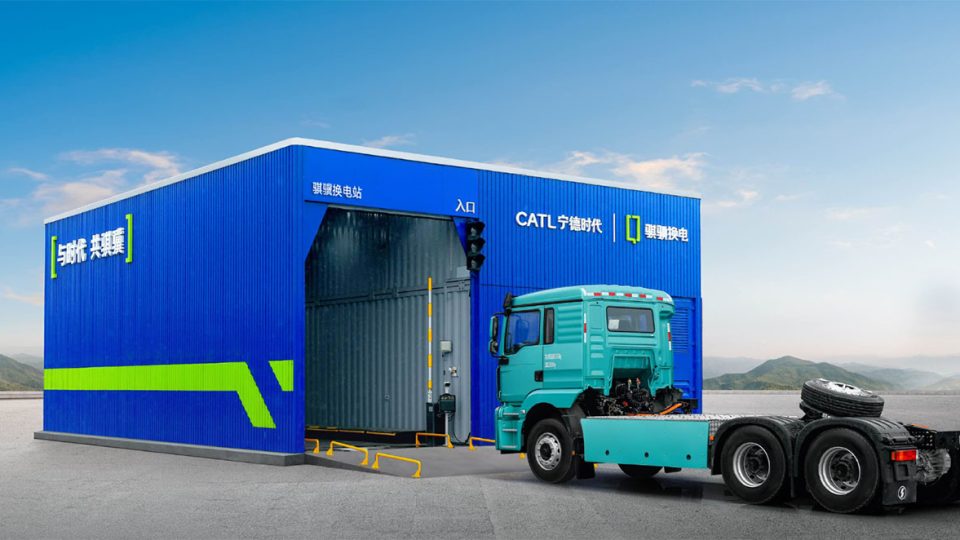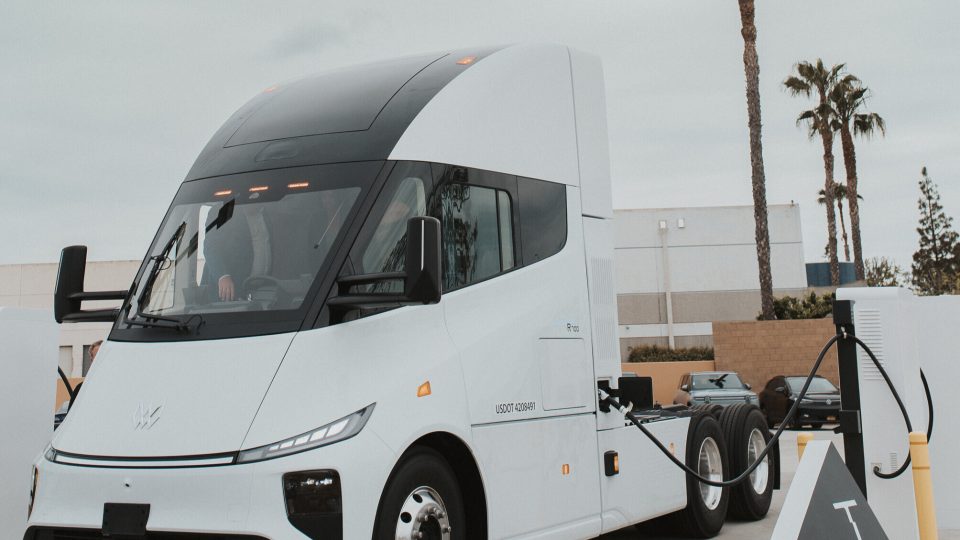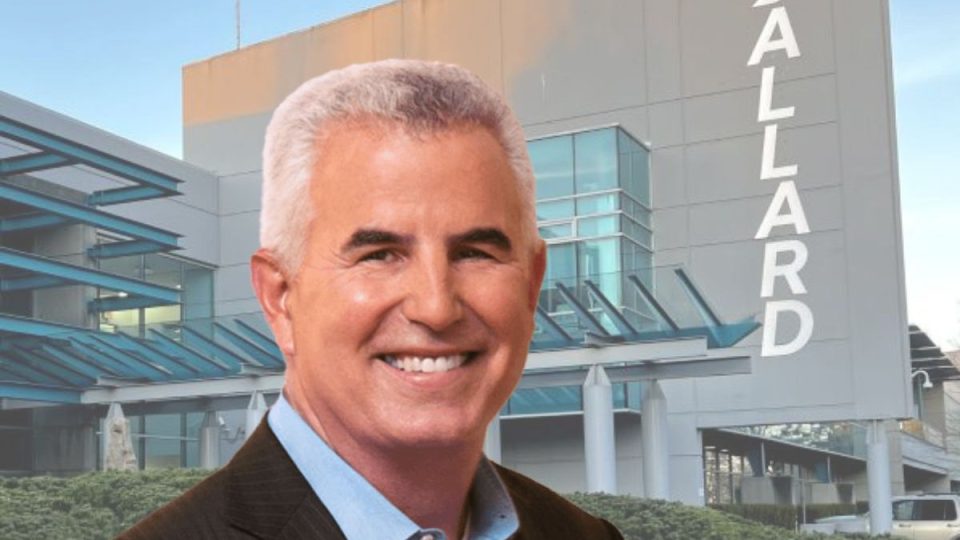Lion Electric to reduce workforce by 30% in Canada and th U.S. due to low business volumes in H1, 2024
"Transition to electric is taking longer than initially expected, but transportation electrification is here to stay. It is with that mindset that we have put together an action plan to adjust our cost structure to enable us to continue to support the increasing electric school bus demand and maintain our leadership position, while allowing us to keep supporting the truck operators in their electric transition and focus on our profitability objectives," said CEO Marc Berard.
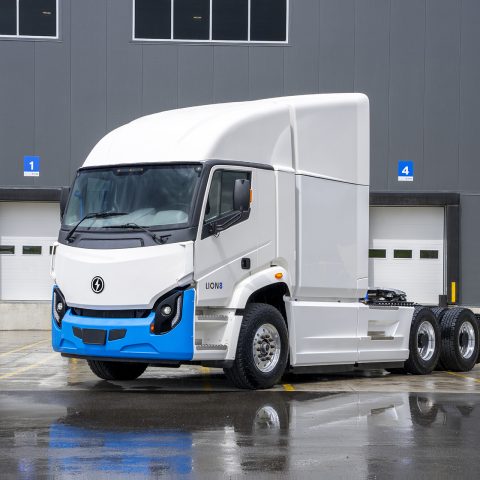
Canadian heavy electric vehicle manufacturer Lion Electric will cut workforce by 30% (more or less, 300 people) in Canada and the U.S., in order to “streamline its operations, further align its cost structure with current demand and improve its liquidity position and ability to reach its profitability goals“.
Indeed, in Q2, 2024, the company recorded a revenue of $30.3 million, down $27.7 million, as compared to $58.0 million in Q2 2023. Vehicles delivered were 101, a decrease of 98 vehicles, as compared to Q2, 2023. According to the official statement, the decrease in deliveries was also due to a slowdown in the company’s production cadence due to the integration of its Lion MD batteries onto its vehicles and the continued ramp-up of production of the Lion5 and LionD platforms. For the six months ended June 30, 2024, revenue amounted to $85.8 million, a decrease of $27.0 million, compared to the six months ended June 30, 2023.
Lion Electric to face “lower demand” in the truck sector
In the second quarter of the year, net loss was $19.3 million, as compared to net loss of $11.8 million in Q2 2023, with adjusted EBITDA of negative $20.6 million, as compared to negative $9.7 million in Q2 2023.
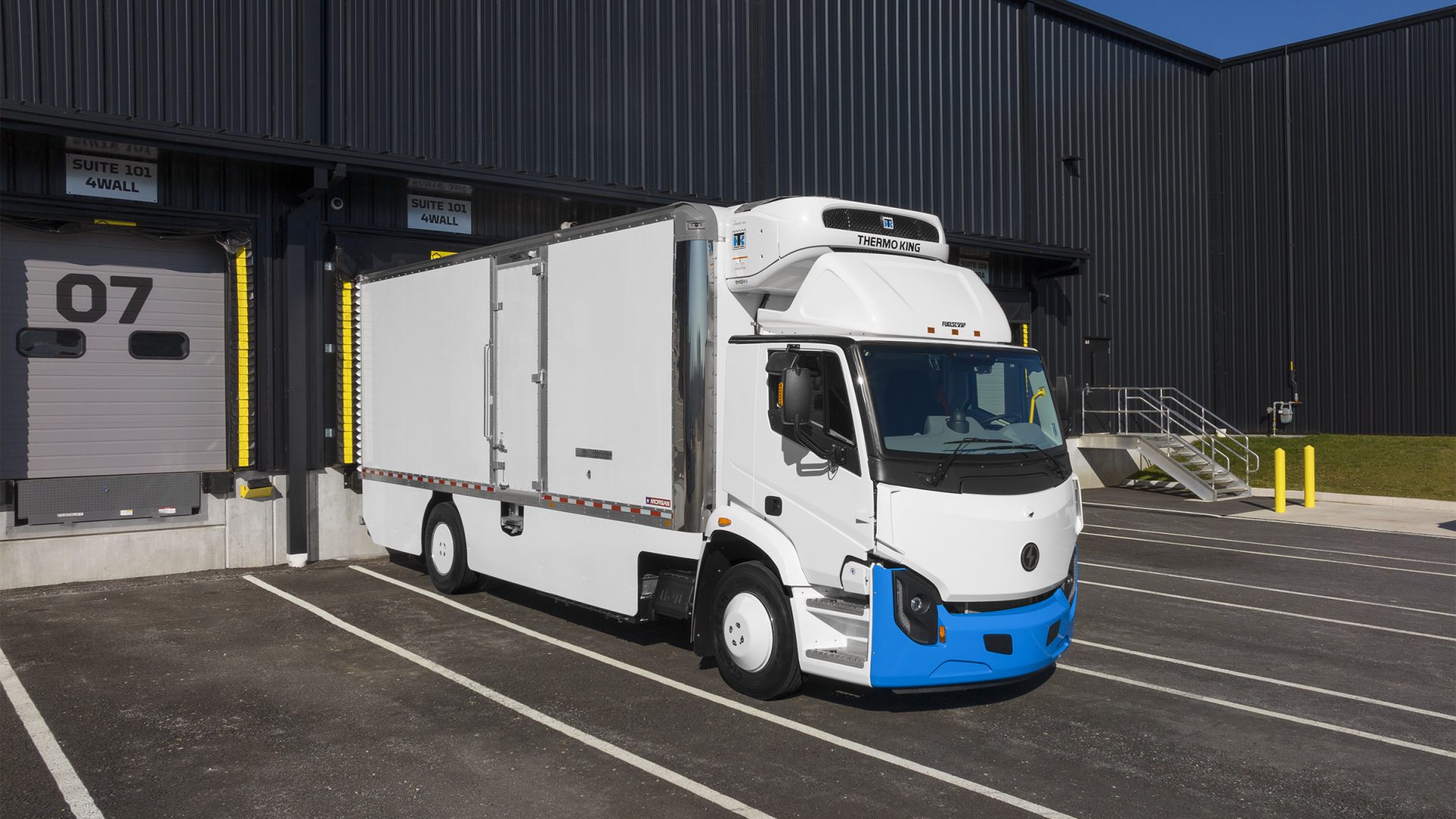
Talking about trucks (currently, Lion Electric manufactures and sells mainly buses), the company sees “a lower market demand than initially anticipated for all-electric trucks, including by introducing a batch-size manufacturing approach for trucks directly aligned with the company’s order book”.
The words of CEO Marc Berard
“Despite the important challenges the electric vehicle market is currently facing, Lion has been able to realize major headway in the recent rounds of the EPA program, which should bring significant positive momentum to our company, and also made important progress in the last quarter, such as the commercial launch of our Lion8 Tractor and the certification of our LionBattery HD pack” stated Marc Bedard, CEO-Founder of Lion.
“Transition to electric is taking longer than initially expected, but transportation electrification is here to stay. It is with that mindset that we have put together an action plan to adjust our cost structure to enable us to continue to support the increasing electric school bus demand and maintain our leadership position, while allowing us to keep supporting the truck operators in their electric transition and focus on our profitability objectives,” he added.










